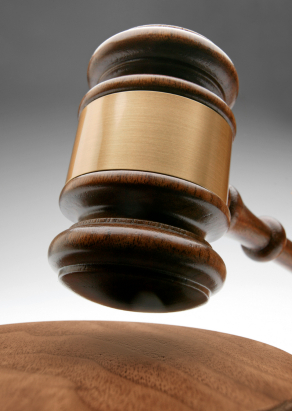
NOTE: This page features supplementary materials to illuminate how Public Act 101-0623, adjusted Illinois law on January 1, 2020. After the effective date of this Act, driver’s license suspension is typically reserved for moving violations and similar offenses, instead of non-moving violations like failing to satisfy financial obligations.
Driving without a valid driver’s license in Illinois is not just a traffic ticket. It can be a criminal offense with severe consequences.
625 ILCS 5/6-101
The law is set out at 625 ILCS 5/6-101. This statute provides that it is against the law to operate a motor vehicle on a public highway in Illinois without a license, permit, or restricted driving permit (RDP).
A ticket for a violation of 625 ILCS 5/6-101 is usually a petty offense, which has a maximum fine of $1,000.
Class B misdemeanor
But the offense can become a Class B misdemeanor, if the person had no license and was too young to obtain a permit. A Class B misdemeanor has a penalty of up to six months in jail and a $1,500 fine. Although it is unlikely that the defendant would go to jail, the author of this article has seen judges impose very stiff sentences on young drivers to send a message.
If the driver’s license is expired, and it has been more than one year since the expiration, then the ticket is a Class B misdemeanor offense.
Class A misdemeanor
If a person had a driver’s license that was suspended or revoked, and they failed to get it reinstated after the period of suspension or revocation, then the offense is a Class A misdemeanor. All Class A misdemeanor offenses in Illinois have a possible sentence of up to one year in jail and a fine of $2,500.
Under some circumstances, a ticket for driving without a valid license can result in the car getting towed. The police may tow a person’s vehicle if the driver did not have a valid license and also did not have proof of insurance. When this occurs, the police will release the car only with proof of insurance covering the vehicle and the written consent of the owner.
720 ILCS 5/36-1
If the driver was involved in an accident and is responsible for causing the death of or personal injury to another person, then the vehicle is subject to forfeiture proceedings under 720 ILCS 5/36-1. In these cases, the vehicle can be forfeited to the State and sold at auction, even if the driver was not the owner.
Finally, the most important issue is that a conviction for driving without a license will cause the Secretary of State to suspend the driving privileges of the defendant. Therefore, even if the defendant did not have a license, they will be required to wait out the suspension in order to get one. And a third offense of driving without a license will cause the Secretary of State to revoke the driving privileges of the defendant. A revocation can last indefinitely, as it requires a formal hearing in order to get reinstated.
Public Act 101-0623
Once Public Act 101-0623 became Illinois law on January 1, 2020, driver’s license suspension has been mostly relegated to moving violations. In past times, a failure to satisfy financial obligations – such as a legal judgment or fines – could result in driver’s license suspension. But now that this act is effective, driver’s license suspension is rarely appropriate in cases of non-moving violations.